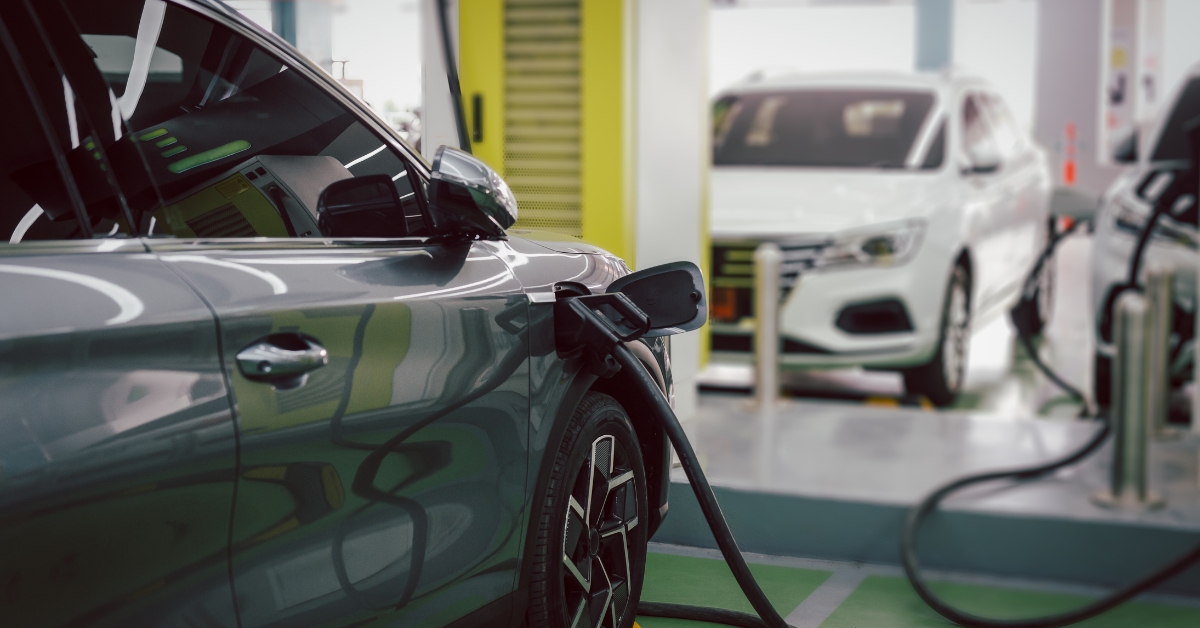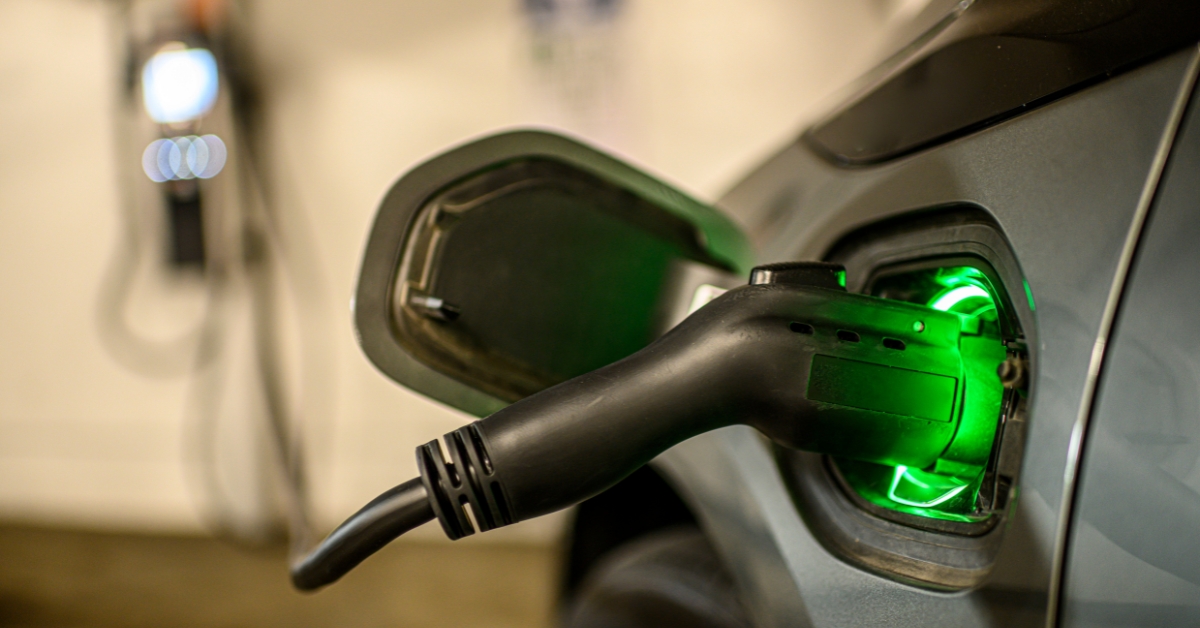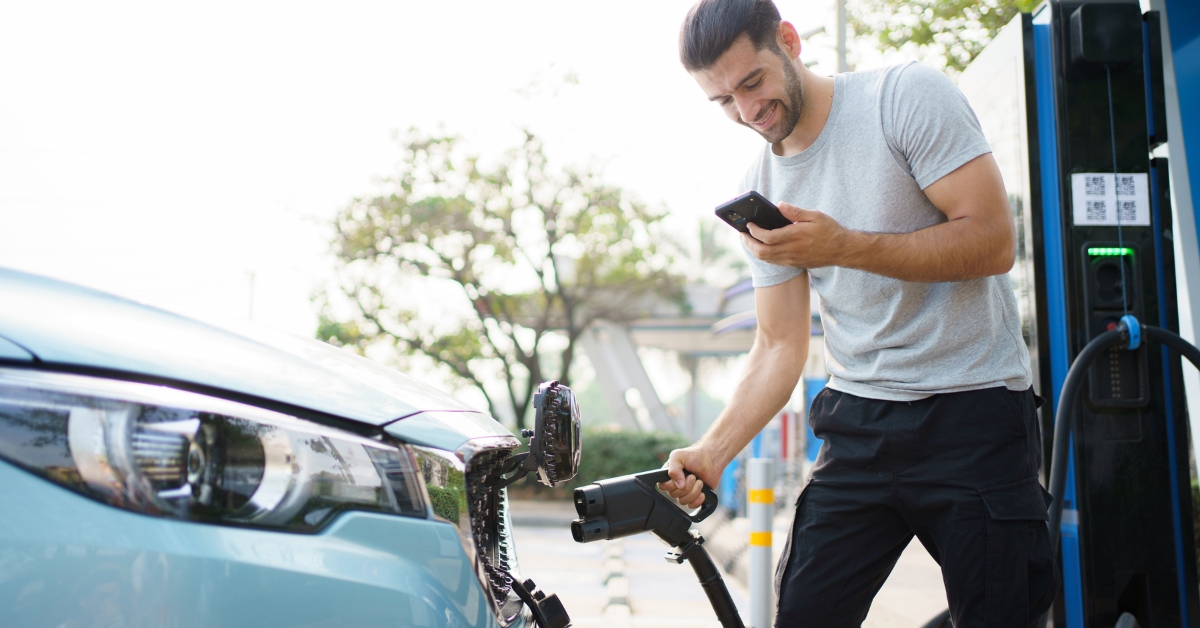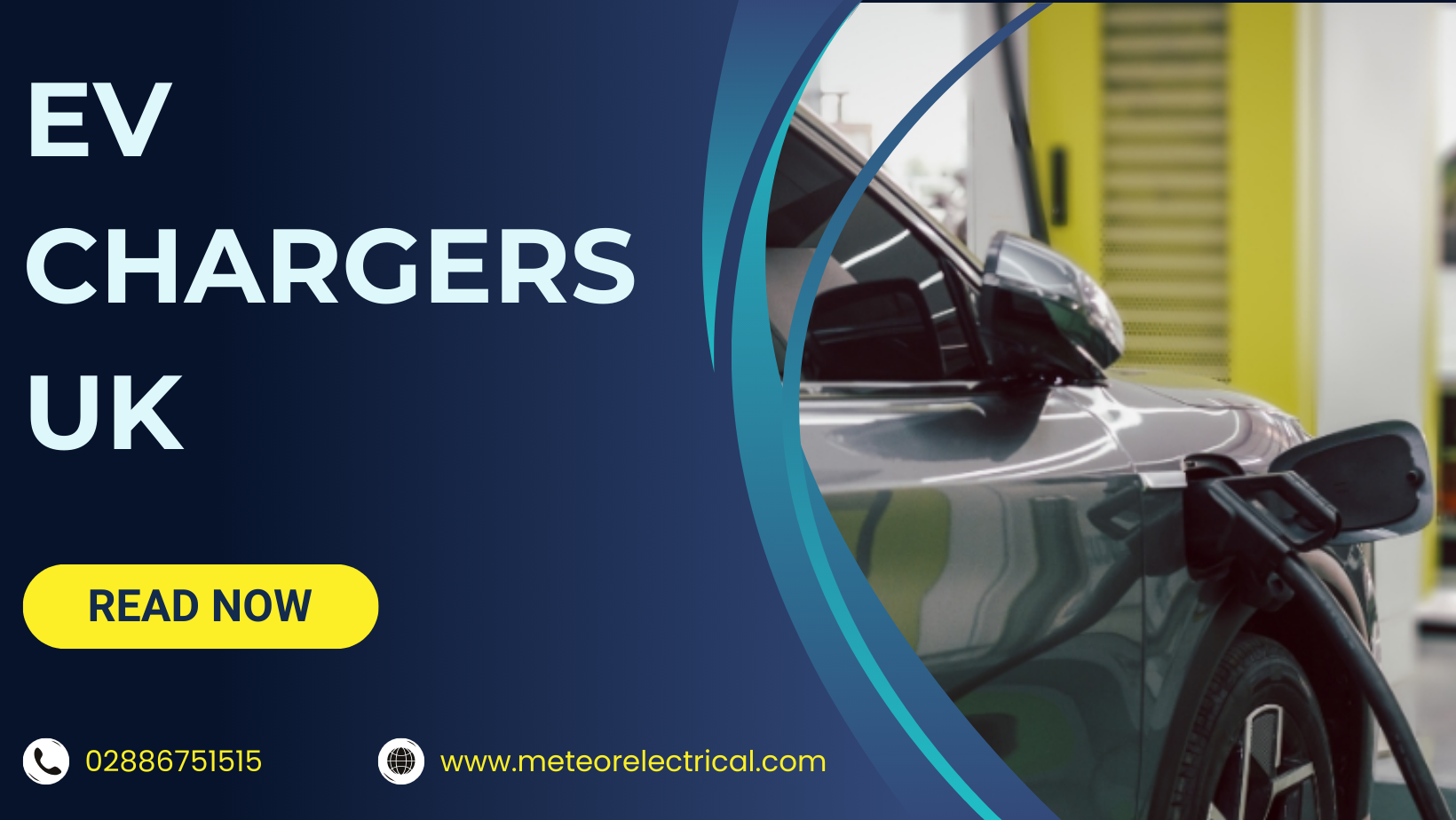EV Chargers UK

The UK’s electric vehicle (EV) market has witnessed incredible growth in recent years, reflecting a global shift toward cleaner, more sustainable transport. As of 2024, over 1.1 million EVs and more than 800,000 plug-in hybrids are cruising UK roads—a significant leap from just a few years ago. This surge is no accident; incentives, improved EV options, and increased environmental awareness are accelerating EV adoption. Manufacturers like Tesla, Nissan, Ford, and Vauxhall are expanding their affordable EV ranges, while the Plug-in Car Grant (PICG) offers up to £1,500 for EVs priced under £32,000, further encouraging buyers to make the switch.
With the UK’s goal to ban the sale of new petrol and diesel cars by 2030, EV infrastructure is becoming critical. Here’s a comprehensive look at the advantages of owning an EV, the essentials of EV charging, and how to find the best home charger for your needs.
Why Drive Electric? The Benefits of EVs

Lower Running Costs
One of the most appealing benefits of an EV is the cost-saving potential. Charging an EV at home can be as low as 2p per mile, depending on your energy tariff, which is significantly cheaper than petrol or diesel. And with public charging points often offering free charging, especially at certain retailers, EV owners can see substantial savings.
Near-Silent Operation
Imagine driving without the engine noise! EVs operate almost silently, which makes for a peaceful ride and reduces noise pollution. The quiet nature of EVs is a big win for anyone looking for a smoother, noise-free commute.
High Acceleration and Instant Torque
EVs aren’t just eco-friendly—they’re powerful. With instant torque available, EVs accelerate as soon as you press the pedal, providing a responsive driving experience. Many EVs even have customizable modes to balance performance and battery conservation.
Lower Maintenance Needs
EVs require much less maintenance compared to traditional vehicles. They have fewer moving parts, eliminating the need for oil changes, fuel filter replacements, and more. Additionally, EVs feature regenerative braking, which extends the lifespan of brake pads and reduces wear.
EV Charging: Public vs. Home Chargers

The growth of EVs brings a rising demand for accessible and reliable charging options. You’ll find two main types of chargers: public chargers and home chargers.
Public EV Chargers in the UK
Public charging infrastructure in the UK is expanding rapidly. With over 71,000 public EV charging points nationwide, and more than 12,000 rapid charging points that can power up a car in as little as 20 minutes, EV owners have more options than ever. However, the availability and pricing can vary by location, so some EV drivers prefer public charging as a backup for long trips rather than a primary solution.
Home EV Chargers – The Smart Choice for Convenience
For those who prioritize convenience and control, a home EV charger is ideal. A home charger allows you to charge overnight at off-peak rates, which can be more cost-effective. The UK government even provides grants to offset installation costs, making this a long-term investment that pays off in savings and convenience.
Pros and Cons of EV Ownership
While EVs offer numerous benefits, it’s essential to be aware of some of the drawbacks.
Pros
1. Low Running Costs: Charging is significantly cheaper than filling a tank with petrol or diesel.
2. Silent Operation: EVs offer a quiet and smooth ride.
3. Instant Torque and Acceleration: EVs provide a responsive and powerful driving experience.
4. Low Maintenance: Fewer parts mean lower maintenance costs and less frequent servicing.
Cons
1. Range Anxiety: Although modern EVs can reach up to 250 miles per charge, range anxiety, or the fear of running out of power, is a concern for long-distance drivers.
2. Limited Public Charging Points: Despite rapid expansion, public charging infrastructure can vary in accessibility and reliability.
Credit: EV Pulse
Choosing the Right EV Charger: Public and Home Options

Deciding between public and home chargers comes down to your lifestyle and driving habits. Here’s a closer look at the options.
Public Charging: Flexibility with Some Drawbacks
Public chargers offer flexibility, especially for those who travel long distances. The UK’s public network is diverse, with chargers varying from slow to rapid speeds, catering to different needs. However, issues with cost and availability can make public charging less predictable.
Home Charging: Cost Savings and Convenience
Home EV chargers provide the ultimate convenience. With a home charger, you can set your own charging schedule, monitor energy use, and take advantage of cheaper tariffs during off-peak hours. Home chargers also mean you’re always prepared to hit the road with a fully charged battery, removing the uncertainty of public chargers. Government grants are available to reduce installation costs, making this a worthwhile investment for many UK households.
Common Mistakes to Avoid When Buying a Home EV Charger

To get the best experience with home charging, avoid these common mistakes.
1. Choosing a “Dumb” Charger
A basic “dumb” charger simply provides power, but a smart charger offers much more. Smart chargers let you schedule charges, monitor energy consumption, and connect to WiFi, which can save money by taking advantage of cheaper energy tariffs.
2. Ignoring Cable Management
A tangle of cables can be unsightly and inconvenient. Many chargers come with cable management features to keep your charging area organized and aesthetically pleasing. Choose a charger with hidden or retractable cable storage to keep things tidy.
3. Overlooking Aesthetics
EV chargers have come a long way in design. Today’s chargers are available in sleek, modern designs that can blend seamlessly into your home. Consider brands like Garo, which offer EV chargers known for both functionality and aesthetics.
Credit: What Car?
Featured EV Chargers – Top Picks for 2024

Here are two top-rated home EV chargers that balance performance, convenience, and safety.
Garo Standard Domestic Wall Charger
The Garo Standard Domestic Wall Charger is a popular choice for its 7.4kW Type 2 socket, safety features, and ease of use. Key features include DC leakage protection, RCBO protection, and DLM technology for added safety. Its sleek design and optional Garo pillar stand make it versatile for different home setups.
Garo Fixed Lead Standard Domestic Wall Charger
The Garo Fixed Lead Charger comes with a Type 2 connector and 7-22kW output. It offers smart features like RFID security, WiFi connectivity, and motorized interlock to ensure safety during charging. It’s a dependable choice for UK households looking for convenience and reliability.
EV Charging Grants: Savings for UK Homeowners
Installing a home EV charger is more affordable with government grants. The Electric Vehicle Homecharge Scheme (EVHS) offers financial assistance for installing a home charger, reducing upfront costs. Check eligibility requirements to see if you qualify.
Conclusion: The Road Ahead for EV Owners in the UK
With EVs rising in popularity and the UK government backing the shift with infrastructure investments and grants, there’s never been a better time to consider an electric vehicle. Whether you’re drawn to EVs for their cost savings, environmental impact, or modern technology, choosing the right charging solution—be it public or home-based—is essential for a seamless experience.
As EV technology evolves, so does the range of choices available to consumers. By selecting the best EV charger for your needs and taking advantage of government incentives, you’re setting yourself up for an efficient, convenient, and sustainable driving experience. To read more about our detailed guide on Garo EV Chargers, click here. For further information about Garo’s best home EV charger (UK) cost and other details, click here.

